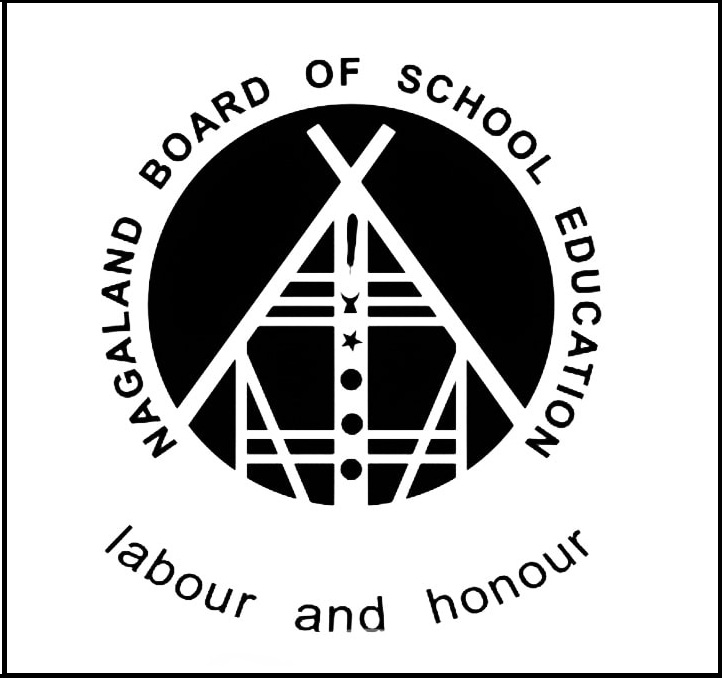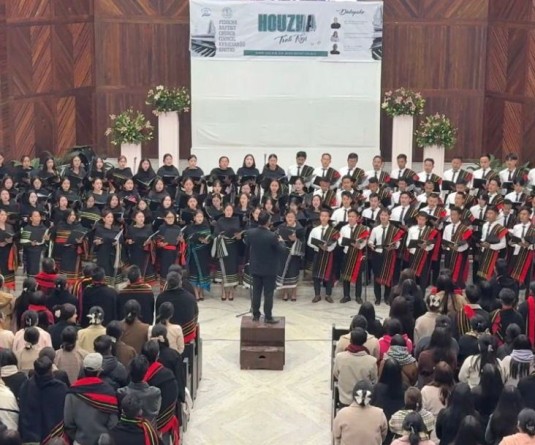
Kohima, August 20 (MExN): Nagaland Board of School Education (NBSE), Kohima has informed all Higher Secondary Schools and Colleges registered under NBSE that the National Education Policy (NEP) 2020 emphasises on reducing the content load and providing more space for critical thinking and more holistic, inquiry-based, discovery-based, discussions-based and analysis-based learning.
In this regard, NBSE has rationalized the topics in Political Sciences, History, Sociology, Economics, Psychology, Geography, Physics, Chemistry, Mathematics, Biology, Accountancy and Business Studies in line with the National Council of Education Research and Training (NCERT) rationalized syllabus. Moreover, the syllabus have been rationalized/dropped in view of the Content, which are easily accessible to students and can be self learnt, which are irrelevant in the present context and overlapping with similar content included in other subjects. The rationalized syllabus will be effective from this academic session i.e. 2022.
All the Principals have been requested to note the change and disseminate it to their concerned subject teachers so that they can instruct and guide the students properly. The rationalized syllabus will be hosted in the Board’s portal www.nbsenl.edu.in and shared in the district WhatsApp groups. Further, it is to be noted that the rationalized/dropped topics or contents shall not be assessed in the final examinations.
Competency based curriculum & syllabus for vocational subjects
The NEP 2020 aims to overcome the social status hierarchy associated with vocational education and requires integration of vocational education programmes into mainstream education in all education institutions in a phased manner. Beginning with vocational exposure at early ages and quality vocational education to be integrated at the later years. The Policy envisaged that every child learns at least one vocation and is exposed to several more. This would lead to emphasising the dignity of labour and importance of various vocations including those involving Indian arts and artisanship. (NEP 2020, 16.4)
Vocational course as the name suggests, aims to prepare students for a specific profession or trade. These courses are designed in such a way that they meet the purpose of making students employable. Pursuing a vocational course imply the learning of skills that will help the child develop competency in a particular trade. Vocational teaching/learning experiences give students the opportunity to try new experiences through hands on trainings, such as workshops, competitions and challenges through which it can offer students the freedom to express them and bridge the gap between education and employment.
In keeping with the goal of the NEP 2020 to reach out to at least 50% of learners to have exposure to Vocational Education by 2025, the Board has introduced Vocational Education from Classes 9 to 12 from 2022 academic session in a phase manner, i.e. to begin with Class IX vide Notification No 18/2021 dated Kohima, February 25th 2021.
Therefore, schools registered with the Board are once again reminded on the importance of Vocational Education in skilling the students and hence are called upon to come forward in introducing the vocational subjects.
The vocational subjects shall be an optional subject in classes 9 and 10 and elective subject in classes XI & XII.
The competency based curriculum and syllabus for vocational subjects is uploaded in the Board’s Portal, www.nbsenl.edu.in. The Application Form can be downloaded from the Portal and the same can be submitted through email, nbseve21@gmail.com. For submission of application for introduction of vocational subjects the time is extended upto October 31.





